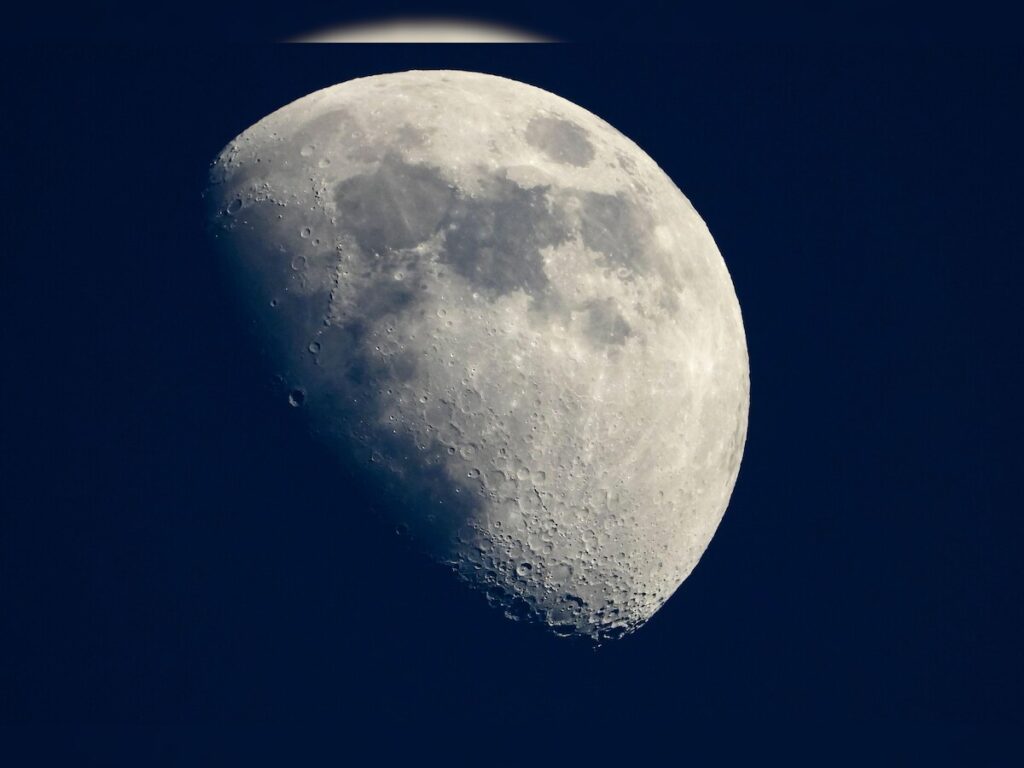Leading the effort to develop a lunar nuclear reactor, Russia’s state nuclear corporation Rosatom plans to create a small power plant that can produce up to half a megawatt of energy. China and India have shown strong interest in participating in this innovative nuclar lunar energy project.
At the Eastern Economic Forum, Rosatom chief Alexey Likhachev stated that the proposed lunar nuclear power plant would have a capacity of up to half a megawatt. He noted that China and India are very interested in the project and that efforts are underway to establish a foundation for several international space initiatives, as reported by TASS.
In May, Russia’s space agency, Roscosmos, revealed that work on a lunar nuclear power plant had begun, with plans to deploy it by 2036. The reactor is intended to supply crucial energy for a planned lunar base, which Russia and China are collaboratively developing under the International Lunar Research Station (ILRS) project
Also Read:Drunk MP Teacher Cuts Girl’s Hair on Teachers’ Day, Caught on Camera
India’s Lunar Nuclear Power Plant: A Step Toward 2050 Lunar Base and Collaboration with Russia
The EurAsian Times reports that India’s interest in the lunar nuclear power plant complements its goal of setting up a lunar base by 2050. Although India’s timeline is later than the 2036 target for Russia and China’s ILRS project, this potential collaboration might help India advance its lunar exploration objectives more quickly
Building the lunar nuclear power plant will be a challenging task, with Russia indicating that it will probably be executed autonomously without direct human intervention. The technological solutions for the project are said to be almost finalized, marking a major advancement in lunar exploration and energy production.
Also Read:Elon Musk Poised to Become World’s First Trillionaire by 2027
Nuclear power is essential for supporting future lunar bases because it offers a consistent and reliable energy source. Unlike solar power, which is unavailable during the Moon’s extended 14-day nights, nuclear energy can provide continuous power, addressing this challenge and making it crucial for both crewed and uncrewed missions seeking to establish a lasting presence on the Moon.
NASA is also investigating reactors to support long-term lunar settlements. The US Space Agency has highlighted the benefits of nuclear power, noting that unlike solar systems, which have limitations on the Moon, a nuclear reactor could operate in permanently shadowed regions (which might contain water or ice) and provide continuous power throughout lunar nights.
Also Read:विनेश फोगाट, बजरंग पुनिया और AAP के बड़े नेता कांग्रेस में शामिल











More Stories
Aamir Khan: ‘रिलेशनशिप छिपाने में यकीन नहीं रखता’, गर्लफ्रेंड गौरी पर बोले आमिर खान- रिश्ता स्वीकारना मुश्किल था
Hina Khan flaunts bridal glow at awards show after wedding to Rocky Jaiswal; rocks purple saree
6 महीने में मर जाओगे… 230 किलो के अदनान सामी को जब डॉक्टर ने दी थी चेतावनी